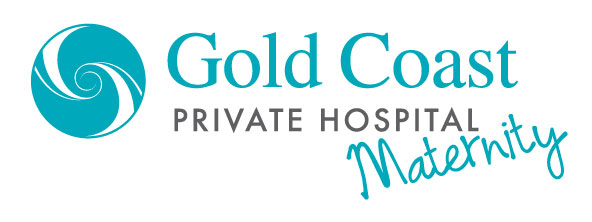As exciting as it is, pregnancy can sometimes feel like you’re in a never-ending loop of tests, scans, appointments and needles. Here’s what’s offered during your first trimester. It’s always a good idea to talk to your care provider about your options in-depth so you can make the most informed decisions on what is best for you and your baby.
NON-INVASIVE PRENATAL TEST (NIPT)
NIPT, which stands for Noninvasive Prenatal Test, is available during the first trimester from 10 weeks of pregnancy.
It is an optional test that involves taking a sample of the mother’s blood to be tested for genetic abnormalities.
NIPT is a screening test, not a diagnostic test, and can only give a risk factor for conditions such as chromosomal disorders.
The NIPT can, however, definitively determine the gender of the baby, so if you can’t wait to find out, the NIPT offers an early and accurate answer!
How does it work?
NIPT analyses DNA in a sample of the maternal blood and poses no threat to your baby.
The blood is tested to predict the chance of abnormalities such as chromosomal disorders including Down syndrome (trisomy 21), Edwards syndrome (trisomy 18) Patau syndrome (trisomy 13), and (in some tests) DiGeorge syndrome (22q11.2 deletion).
It is important to remember that NIPT is a preliminary screening to determine the chance of Down syndrome and other disorders. It is not a definitive result. The test will only indicate if there is an increased risk.
If you return an abnormal result, you will have the option to have a further test at 16 weeks called an amniocentesis.
What is the accuracy of NIPT?
In determining the gender of the baby, NIPT is 100 per cent accurate. However beyond this it gets more complicated.
Accuracy can depend on the provider and the particular abnormality. It is best to discuss these details with your GP or obstetrician.
How much will it cost?
It can take up to two weeks to get the results back and unfortunately is not covered by Medicare or private health insurance. While this is a voluntary procedure, NIPT is a good option to consider for some women, but will cost between $500 and $700.
NUCHAL TRANSLUCENCY SCAN
The nuchal translucency scan is the first major scan and happens between 12 and 14 weeks of pregnancy. It is usually conducted as part of the routine ultrasound scan most women receive at 12 weeks gestation.
What is a nuchal scan?
A nuchal scan is a noninvasive screening test that determines if your baby is a high or low risk of Down syndrome and other chromosomal disorders.
A nuchal scan can be done in place of NIPT, or some women opt to have both.
The scan will measure the folds at the back of a baby’s neck. If this area has an increased thickness, it might indicate a higher risk of a chromosome abnormality.
There are other indicators that go into calculating the risk of chromosome abnormality including mother’s age, the nuchal scan measurement, blood tests, gestational age of the baby and the baby’s nasal bone. However if the results are high risk you will have the option to receive a diagnostic test called amniocentesis for a definitive result at 16 weeks.
Do I need to do any preparation?
To conduct the scan you will need to have a full bladder as this helps the sonographer get a better view of your baby.
While the scan is often performed through your lower abdomen, on some occasions you may need an internal (transvaginal) scan to get a better look at the baby. A transvaginal scan is not harmful to the baby.
As part of the scan you will need to have a blood test about five days before the scan.
What is the accuracy of a nuchal scan?
The nuchal translucency ultrasound alone will detect 70-80% of babies with Down syndrome. Combining it with specific blood tests will detect 80-90% of babies with Down syndrome.

